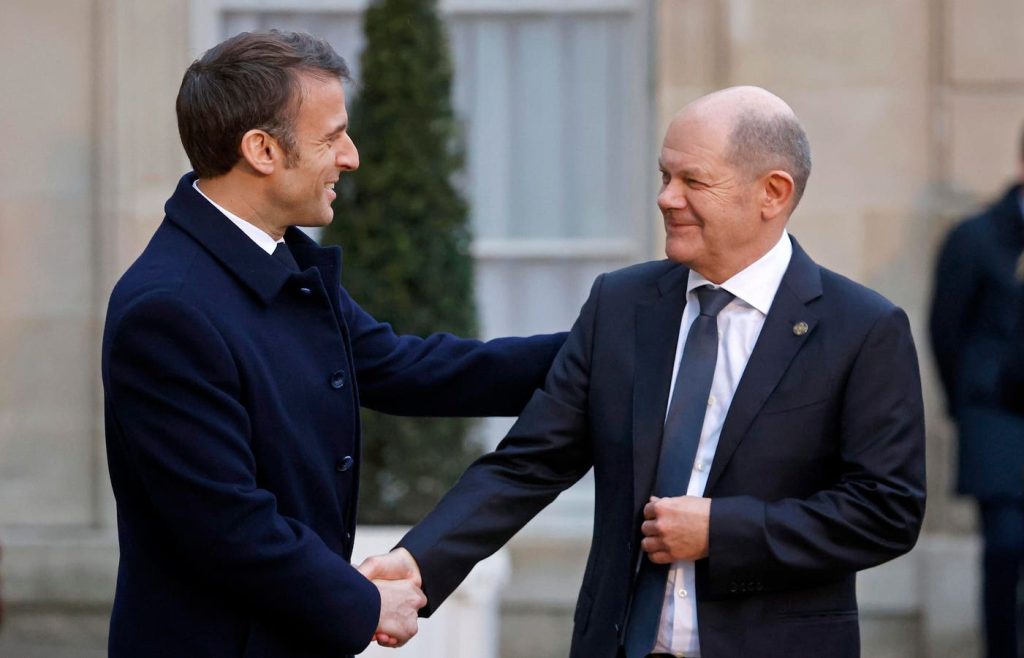Xi Jinping, the President of China, is visiting France for the fourth time, making it one of his favorite destinations alongside Kazakhstan and South Africa. During his previous visit in 2019, Emmanuel Macron gifted him with a 1688 copy of ‘An Introduction of The Analects of Confucius’. The question arises as to what book Macron should present to Xi this time. Suggestions include Fritz Stern’s ‘Gold and Iron’ on Germany to emphasize the connection between capital and diplomacy. Macron is faced with the challenge of steering Olaf Scholz towards a tougher stance on China, considering Germany’s economic dependence on the country. Topics such as China’s stance towards Ukraine, alliance with Russia, and the ‘dumping’ of Chinese electric vehicles were likely discussed during their dinner together in Paris.
The installation of Mario Draghi as a replacement for Ursula von der Leyen and the possibility of Germany paying France to expand its nuclear deterrent to an EU level are potential topics of discussion. Despite Scholz’s planned visit to the Baltic states on Monday, there is speculation that Germany may want to maintain its ‘special’ relationship with China. Macron may use the presence of von der Leyen to highlight to Xi that China’s simultaneous visits to Hungary and Serbia, two countries regarded as ‘bad actors’, reflects poorly on its diplomatic efforts. China has faced growing suspicion from Italy, Baltic, and Eastern European states, as evidenced by Italy’s withdrawal from the Belt and Road group. Macron may use literature such as Lawrence Durrell’s ‘White Eagles over Serbia’ to emphasize that any influence operations out of Serbia will face opposition.
One possible gift Macron might consider presenting to Xi is Claude Martin’s ‘La Diplomatie n’est pas un dîner de gala – mémoires d’un ambassadeur’, highlighting French diplomacy’s grandeur and China’s progression from humble origins. The visit between Xi and Macron is expected to focus on derisking but not completely decoupling the trade relationship between Europe and China. It is anticipated that the de-risking of sensitive technologies has largely already occurred, with EU-China trade relations potentially stabilizing. Both regions may view each other as a ‘hedge’ against further trade disputes if Donald Trump is re-elected in November. Although Europe does not see China as a close ally, maintaining civil relations could be beneficial in case of political shifts in the US.
In considering a book gift for Xi, Macron may opt for literature on economics, such as an original 1841 version of Charles MacKay’s ‘Popular Delusions and the Madness of Crowds’. Alternatively, literature on the financial scheme of John Law, a Scotsman who caused the French economic collapse in 1720, may be presented to draw parallels with China’s financial history. With Europe and China’s trade relations potentially reaching a bottom, the visit is likely to focus on preserving trade ties as a precaution against any future trade disputes. Despite tensions, both regions may continue to view each other as strategic partners amid global political uncertainties.


